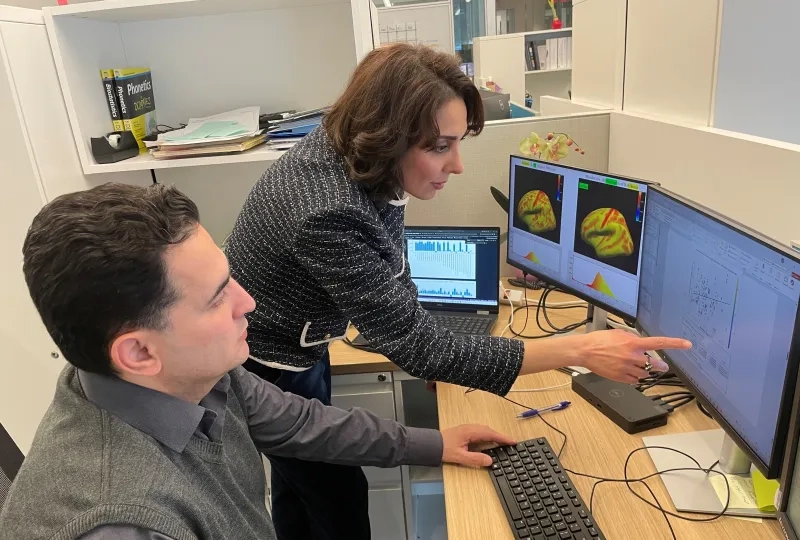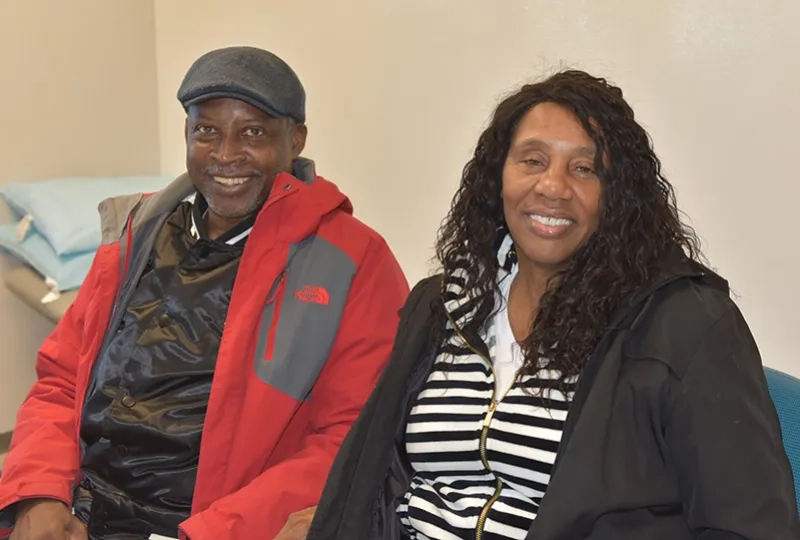
Becoming an audiologist is a significant decision that comes with its set of questions and considerations. During our info sessions, we hear questions from interested students, wondering if our Doctor of Audiology program is right for them. We wanted to share a few of them here.
How can I become an audiologist?
Becoming an audiologist requires a combination of education and clinical training:
- Earn a Bachelor's Degree:
- Start with a bachelor's degree in communication sciences and disorders.
- Students with degrees in other majors can become audiologists but it may require additional undergraduate classes in communications sciences and disorders.
- Complete a Doctoral Degree:
- Pursue a doctorate in Audiology (AuD) from an accredited program.
- There are no Master’s programs in the US.
- An AuD is required to work as an audiologist in the US.
- All AuD programs in the US are accredited by the American Speech-Language-Hearing Association.
- Clinical Experience:
- Gain hands-on clinical experience through internships and practicums offered during the program.
- Obtain Licensure:
- All states require audiologists to be licensed. Licensure typically involves submitting paperwork showing the required AuD degree and passing a national exam called the Praxis.
How much do audiologists make?
Audiologists are valued professionals, and their salary can vary based on factors like experience, location, and work setting. According to the American Speech-Language-Hearing Association (ASHA), the average annual salary for audiologists was $93,350 in 2021 and range from $74,716 to $101,043 depending on the work setting. Audiologists’ working salary also varies by state. For instance, according to Salary.com, in November 2023, in Massachusetts the average audiologist made $100,447.
How long does it take to become an audiologist in the US?
The path to becoming an audiologist involves several years of education and clinical training:
- Bachelor's Degree in Communication Sciences and Disorders:
- Typically takes four years to complete.
- Doctor of Audiology :
- A doctoral program (AuD) takes three to four years depending on the program.
- Clinical Experience:
- Practicums and internships a are an integral part of the doctoral program including a full-time externship during the final year.
- In total, the educational and training journey to become an audiologist takes seven to eight years.
Where do audiologists work?
Audiologists have diverse career options, and they can work in various settings, including:
- Hospitals:
- Most audiologists work in hospitals, collaborating with other health care professionals to address the effects of hearing loss for patients across the lifespan.
- Private Practices:
- Other audiologists work in private practices that focus on interventions for hearing loss in adults.
- Schools:
- Some audiologists work with children in educational settings to ensure that they receive adequate and consistent support for hearing loss in the classroom and other educational setting.
- Research Institutions:
- Some audiologists work in research labs within universities and hospitals to contribute to advances in hearing science and clinical care.
The MGH Institute of Health Professions holds an exclusive teaching and clinical partnership with Mass Eye and Ear, ranked #1 hospital* in New England for Ear, Nose & Throat care, and the forefront of audiology education and research. This collaborative effort ensures students receive a comprehensive education, blending theoretical knowledge with hands-on clinical experiences, preparing them to excel in the dynamic field of audiology and make a lasting impact on the lives of individuals facing auditory challenges.
*US News & World Report Best Hospitals



